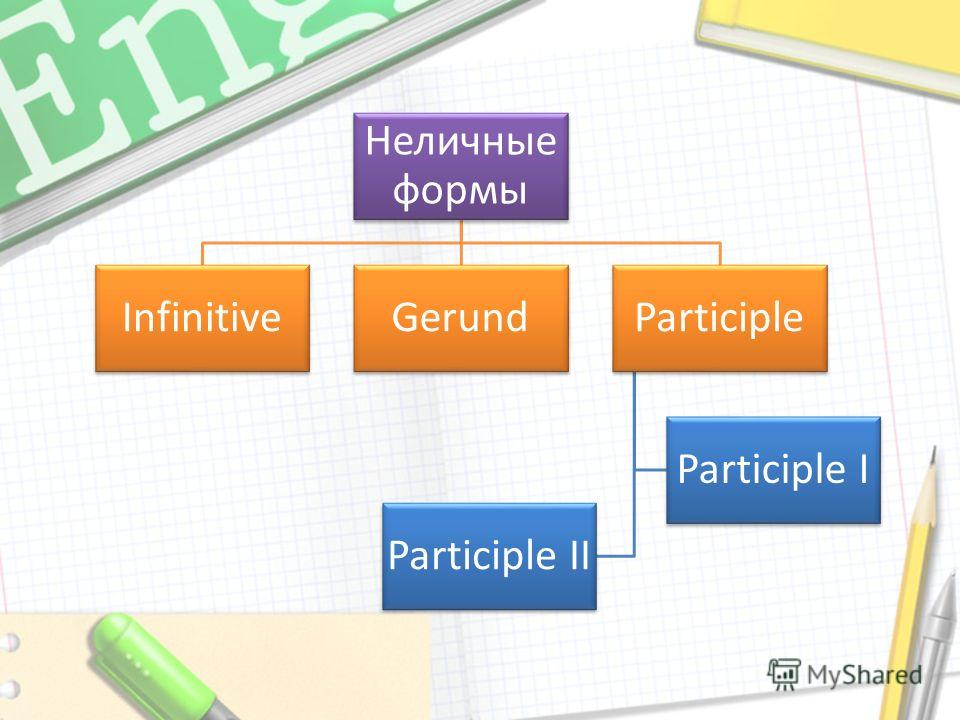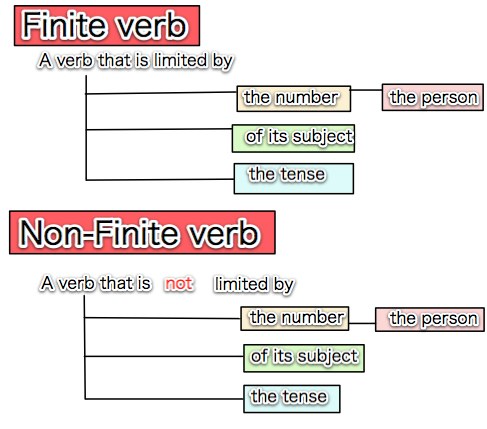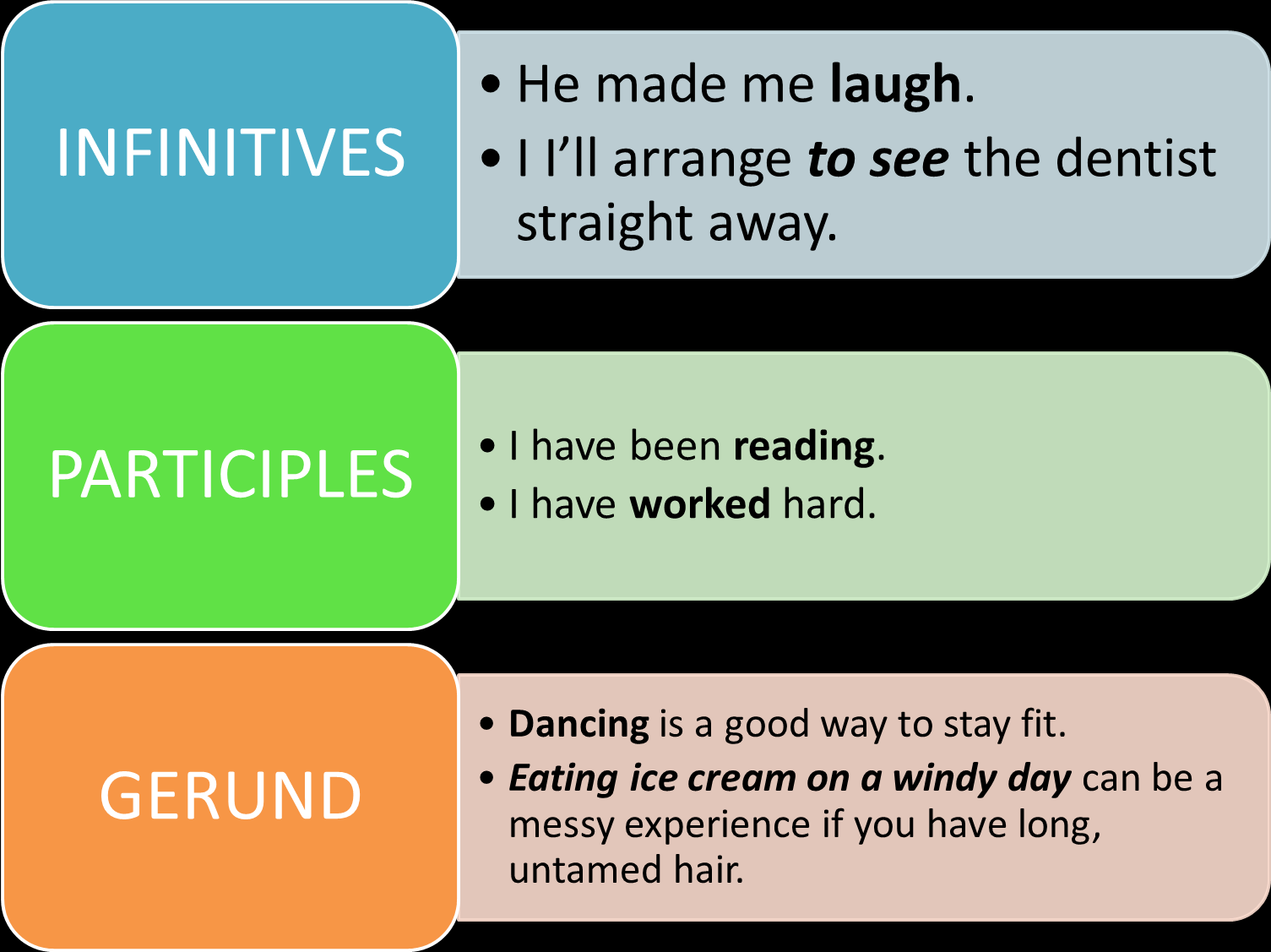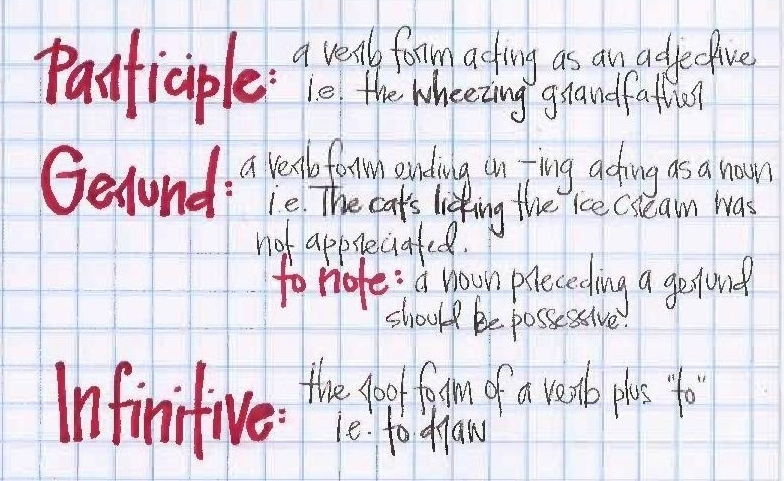
- •М инистерство образования и науки российской федерации
- •© Издательский центр юУрГу, 2014 unit 1
- •Vocabulary and Speech Exercises
- •Dialogue
- •Court system
- •Grammar Exercises Types of Questions
- •Court systems of uk and usa
- •Courts in great britain
- •House of Lords
- •United states courts
- •Understanding the levels of us federal courts
- •Grammar Exercises Time Tenses
- •Interrogation:
- •The jury
- •Vocabulary and Speech Exercises
- •The jury
- •Dialogue
- •Jury service – an important job and experience
- •Court etiquette
- •The rules and language of the courtroom
- •Grammar Exercises Time Tenses
- •Modern crimes
- •Vocabulary and Speech Exercises
- •Dialogue
- •Victim: _______________________________________________________
- •Incident type: __________________________________________________
- •If items were stolen, list them _____________________________________
- •Classifications of crimes
- •Elements of a Crime
- •Crime in russia
- •Modern Crimes
- •Grammar Exercises
- •Daring Raid at Local Hotel
- •Crimes and punishment
- •Vocabulary and Speech Exercises
- •Below is a range of sentences that may be imposed. Work in pairs and match each sentence to its definition. Then ask a partner a definition for him(her) to guess.
- •Dialogue
- •Vocabulary:
- •The Sentence of the Court is …
- •Grammar Exercises Modals
- •Civil procedure
- •Capital punishment: pros and cons
- •Vocabulary and Speech Exercises
- •Dialogue
- •From the history of punishment
- •Grammar Exercises Reported Speech
- •Organized crimes
- •Vocabulary and Speech Exercises
- •Dialogue
- •Organized crime groups
- •Grammar Exercises
- •Vocabulary and Speech Exercises
- •Dialogue
- •Want to be a forensic scientist?
- •Types of evidence
- •Physical and biological evidence
- •Fbi Biometric Center of Excellence
- •Grammar Exercises Relative Pronouns
- •Insert who/ whom/ whose/ which/ that/ where or nothing if possible and translate the sentences:
- •Vocabulary and Speech Exercises
- •Dialogue at the police station
- •Facial features
- •Read the text and render its context in 3-5 sentences; say what its main idea is.
- •Interviewing a witness
- •Do you trust your witness?
- •Identification in police investigation
- •Grammar
- •Imperatives
- •Miranda warning
- •Gerund Complex (Герундиальная конструкция)
- •Human rights and police
- •Vocabulary and Speech Exercises
- •Dialogue
- •European platform for policing and human rights
- •Grammar Exercises Conditional Sentences
- •British police
- •Vocabulary and Speech Exercises
- •Dialogue
- •A Detective
- •Police officers
- •Prepare an annotation of the text.
- •Fill the gaps with the words from the box; read and translate the text.
- •Grammar Exercises
- •The us police
- •Early Police in the United States
- •Vocabulary and Speech Exercises
- •Dialogues
- •The Trooper Pledge
- •Visit any police department website and make a presentation using the tips given below:
- •Grammar Exercises
- •Law enforcement in the usa
- •International cooperation unternational law
- •Vocabulary and Speech Exercises
- •Dialogue
- •International law
- •Sources of International Law
- •International court of justice
- •Interpol
- •Grammar Exercises Abbreviations
- •Washington, dc. – fbi hq, 10 a.M.
- •Visit the websites of the fbi, Interpol, Europol and make up your own list of abbreviations they use. Грамматический справочник General Questions (Yes/No Questions)
- •Special Questions (Wh-Questions)
- •Tag Questions
- •Видо-временная система английского глагола
- •Условные обозначения, используемые в таблице:
- •Группа времен Simple (Indefinite)
- •Случаи употребления the Past Simple (Indefinite) Tense
- •Группа времен Perfect
- •Группа времен Perfect Continuous
- •Случаи употребления the Present Perfect Continuous Tense
- •Случаи употребления the Past Perfect Continuous Tense
- •Случаи употребления the Future Perfect Continuous Tense
- •Страдательный залог (The Passive Voice)
- •Образование времен страдательного залога
- •Модальные глаголы (Modal Verbs)
- •Употребление модальных глаголов с инфинитивом в форме Perfect
- •Косвенная речь (Reported Speech)
- •Согласование времен (Sequence of Tenses)
- •Неличные формы глагола (Non-finite verbs или Verbals)
- •Функции причастия I в предложении
- •Относительные местоимения. Определительные придаточные предложения (Relative Pronouns. Relative Clauses)
- •Условные предложения (Conditional Sentences)
- •Аббревиатура
- •Introducing a point of view
Grammar Exercises
Non-finite verb forms (Verbals)


|
|
I. Translate the sentences and define the type of a verbal in each sentence.
1. We want to prevent the fans from entering the stadium.
2. She deals with answering enquiries from the public.
3. If you don’t stop shouting, you’ll be arrested.
4. He enjoys working at the office.
5. We don’t like wearing the new police uniform.
6. The legal system tries to prevent criminals from escaping justice.
7. You can’t be a lawyer if you hate dealing with people.
8. A crime prevention officer is an expert in helping people to make their homes safe.
9. The minister went on talking for two hours.
10. Do you think my police uniform needs cleaning?
11. The man was suspected of being a spy.
12. Strictly speaking, their presence is not necessary.
13. They ran up the stairs talking loudly.
14. I wasted three hours waiting for him.
II. Use the Gerund to complete the sentences.
The teenager denied (take) drugs.
After (be) arrested I was taken to the police station.
She was accused of (drive) over the speed limit.
Jack never carries money with him, he is afraid of (be robbed).
Two men who have been arrested are suspected of (have) false driving licenses.
The guards couldn’t prevent the prisoner from (escape).
She doesn’t approve of (gamble).
My elder brother is very lazy; he likes (do) nothing.
If you cross the road without (look), you risk (be) knocked down.
I’m thinking of (change) my job.
Mark went out instead of (do) his homework.
I hope you have a good excuse for (be) so late today.
His boss blamed him for (lose) the deal.
Thank you for (help) me with this report.
III. Translate the sentences which have Present Participle (Active or Passive).
1. Being accused of the crime of murder he denied it.
2. The train arriving at the station was late.
3. The speech being prepared by the Counsel for the Defence is very long.
4. The accused was led out of the court being firmly maintained by a policeman.
5. Being cross-examined the witness answered all the questions.
6. The hostages being saved were frightened very much.
7. The project being realised was proposed by a group of judges.
8. All the barristers belonging to the Bar must dine together several times a week.
9. Being shown the way he reached the station soon.
10. Hoping to find the will she searched everywhere.
IV. Rewrite the sentences using participles. Model: I was sitting in the park. I was writing a letter. → I was sitting in the park writing a letter.
The woman was driving alone. She was listening to her car radio.
I arrived at the examination hall. I was feeling very nervous.
He came into the room. He was carrying a suitcase.
They were walking down the street. They were holding hands.
My brother was lying on the bed. He was reading a book.
Liza was climbing up a ladder. She was carrying a bucket.
She was sitting on the sofa and she was knitting a jumper.
The girl who is sitting next to Alison is Vicky.
The man who is standing at the door is my boss.
V. Choose the right word (Infinitive or Gerund).
1. Put that cigarette out! You are not allowed……………..in here. (smoke)
2. It’s hot in here. Would you mind………………the window? (open)
3. He found the work difficult, but he managed…………….the examination. (pass)
4. I never read Shakespeare now, because they made me…………….it at school (study)
5. She always travels by train or boat because she’s afraid of …… ………(fly)
6. “Let’s go out tonight.” “All right. Where do you want………………?” (go)
7. You’re overweight. You ought……………more exercise. (take)
8. This is a very beautiful village, but there’s nowhere…………..in the evening. (go)
9. When I first visited Britain, I couldn’t get used to……………..on the left. (drive)
10. There’s a lot of traffic. We’d better not……………the road here. (cross)
VI. Insert Participle I or Participle II.
1. It was an old judge (to wear) glasses.
2. I have read the Code (to describe) the laws of ancient Babylon.
3. Then another criminal (to lead) by the gangster jumped off the wall.
4. The solicitor was calming the (to sob) mother.
5. While (to cross) the street a juvenile was struck by a car.
6. I have read a book (to describe) the life of this outstanding lawyer.
7. The man (to answer) the questions of the judge is the defendant.
8. (to appoint) the Lord-Chancellon, the Queen acts on the advice of the Prime Minister.
9. (to commit) a burglary the accused broke into the house through the kitchen-window.
10. The party (to bring) an action is usually called a plaintiff.
TEST YOURSELF
I. Use the proper form of Participle.
1. I had heard these problems (argue) among the scientists for years.
2. While (to cross) the street a juvenile was struck by a car.
3. The number of cases (to come) to the police station is increasing.
4. My friend (to work) as a secretary at the city court wants to become a law-student.
5. The act (to do) was defined as a crime.
6. (to adopt) last year the law on the prices is widely used now.
7. (to receive) the information required the investigator arrested the suspect.
8. The motor (to be) in good order, the police could start.
9. The weather (to be) windy, the thieves did not risk crossing the bay in a small boat.
The policeman saw the prisoner (to escape).
Choose the right word (Infinitive or Gerund).
I don’t know why she resigned. She seemed…………….very happy here. (be)
I’m tired of………………television every evening. (watch)
Her doctor advised her……………….a specialist. (see)
I’ll help you, I’m sure you aren’t strong enough…………..it on your own. (lift)
He spends all his time…………..comics. (read)
My parents were very strict. They wouldn’t let me……………out late in the evenings. (stay)
A kettle is used for…………..water. (boil)
He’s working too hard. He’s too tired…………anything when he gets home. (do)
The robbers forced the manager……………the safe. (open)
I hope……………..my brother in Australia next year. (visit)
UNITS 8-9
CRIME SCENE INVESTIGATION (CSI)
FORENSIC SCIENTISTS
EVIDENCE
Scan the text and answer the questions.
OBSERVATION OF A CRIME SCENE
What is a crime scene? The crime scene means the place or the area where the crime such as burglary, larceny, homicide, traffic crime, etc. takes place. The scene is the central location toward which all evidence points before, during and after the crime.
Crime scene search is an action of the investigator consisting of his direct survey of the happening, finding, collecting and protecting evidence to establish circumstances which are significant for the investigation.
The recovery of physical evidence during crime scene search is one of the most important actions of the police officers. It is the crime scene that provides the expert and the investigator with valuable clues and information. It is the investigator who defines the crime, examines the crime scene, analyses the situation, makes a plan of search, interrogates suspects, makes a record of the crime scene observation and makes conclusions.
The scene-of-crime officer (SOCO) helps the investigator. He has a lot of responsibilities at the crime scene. He takes pictures of the scene, victims, vehicles; evidence items, all impression (trace) evidence, makes plaster casts. He prepares a diagram or a sketch of the scene on which he records the position of all evidence items. He examines the scene very carefully, so as not to overlook any clue. He treats, develops and lifts fingerprints and makes casts of foot impressions, tool marks and tire tread marks. All the physical evidence must be recognized, recovered, preserved, properly packed, marked and delivered to a crime laboratory for further examination.
What is CSI? Decipher the abbreviation.
Where is the actual solution of a crime?
What is a crime scene?
What is a crime scene search?
Who is responsible for crime scene search?
Why is it important to examine the scene carefully, accurately and methodically?


